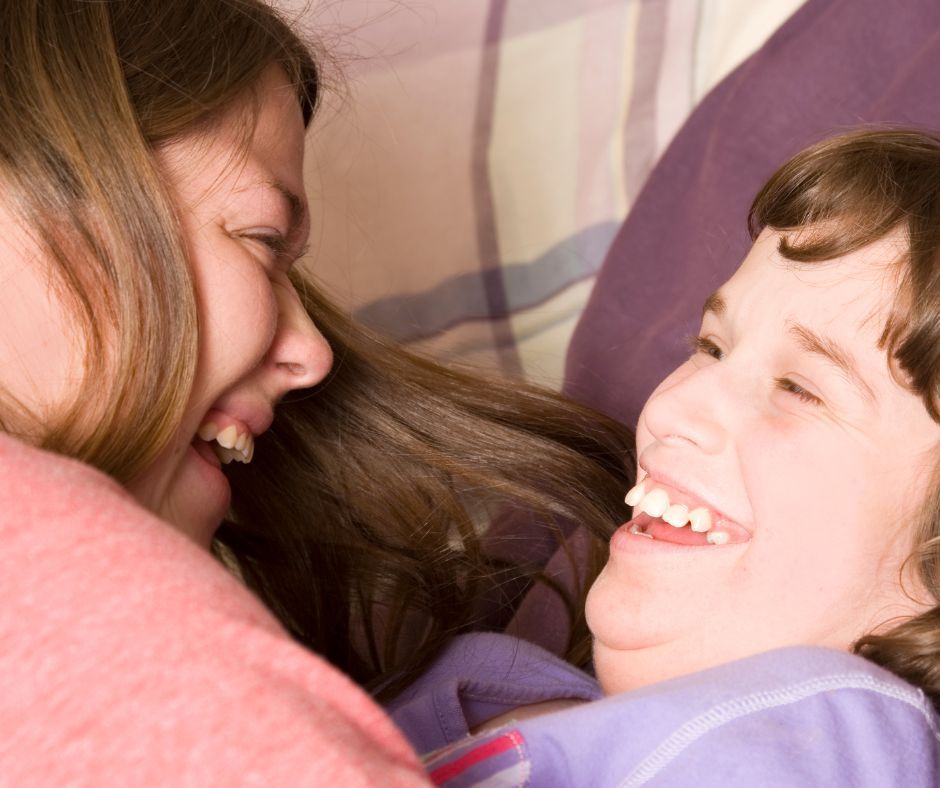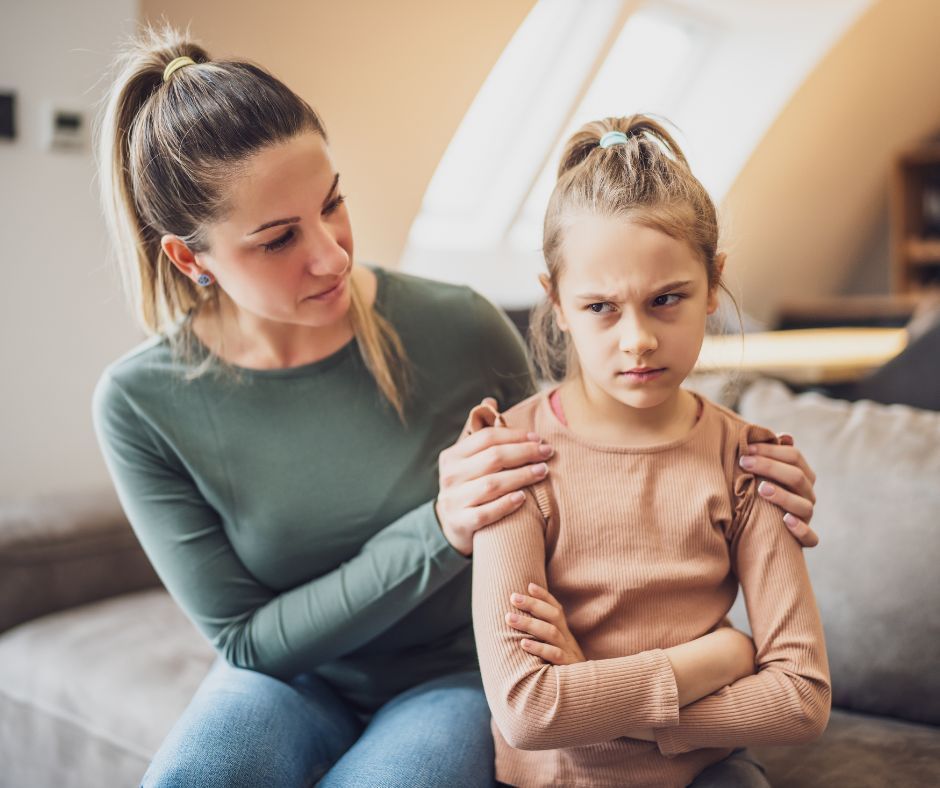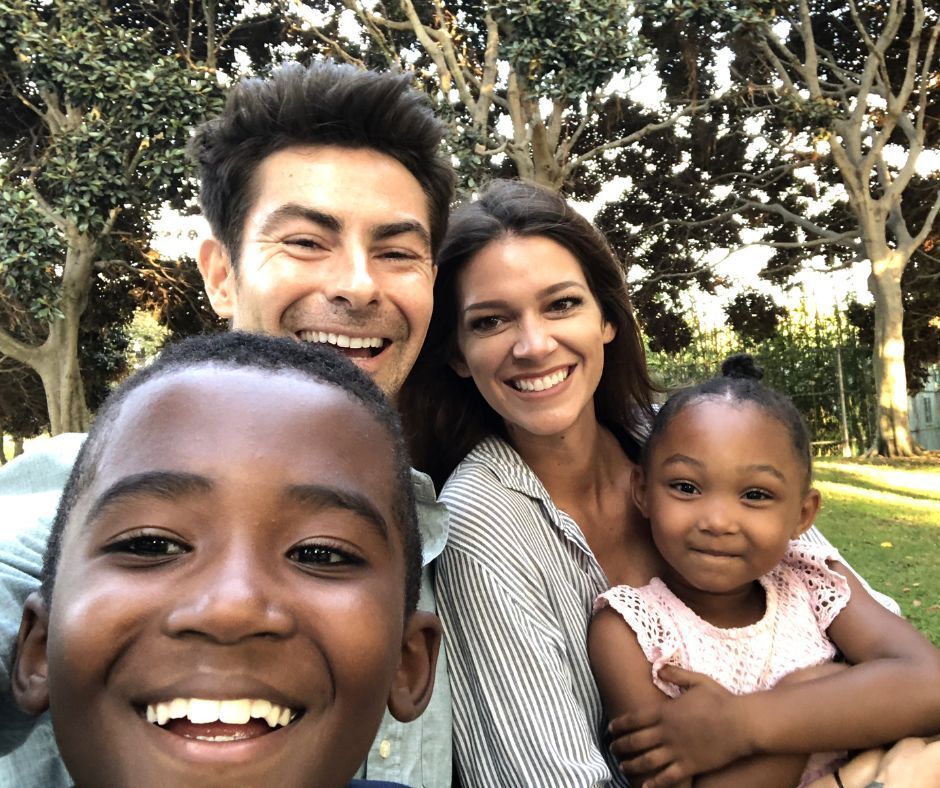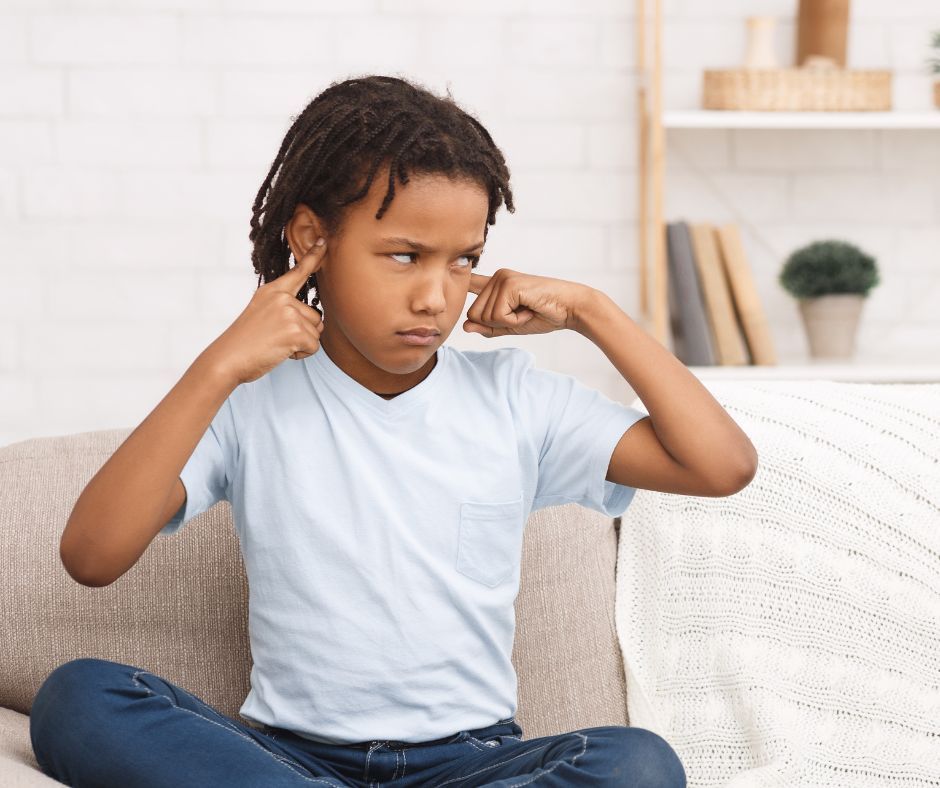Ever walk into your teenage son's room and feel physically assaulted by the smell—only for him to look genuinely confused and ask, "What smell?" You're standing there gagging, while he lounges on his bed, completely unaffected. No, he’s not gaslighting you. He might honestly not notice it at all. This isn’t just an issue of adolescent laziness or defiance. Science backs it up: women have around 40% more neurons in their olfactory bulb than men. That’s the part of the brain responsible for detecting and processing odors. This neurological difference is hardwired into our biology and means that your son's brain is, quite literally, less sensitive to smells than yours.
Add to this the hormonal shifts of puberty, and suddenly hygiene becomes a major parenting battleground. Sweat glands are working overtime, hormonal changes increase body odor, and boys’ motivation to clean themselves doesn’t always match the urgency their bodies seem to require. If your son also has trauma history or sensory processing challenges, his ability to detect or even care about smells can be even more diminished. The human olfactory cortex is extensively connected to the limbic system, which is largely affected by stress exposure (Berretz et al., 2021). Sensory under-responsiveness is a common symptom in kids from early trauma, and that may mean he simply doesn’t register the odor as strongly—or at all.
So when you say, “How can you not smell your feet?!” what you’re really saying is, “How can you not experience this the way I do?” And the answer, neurologically speaking, is: he can’t. His brain is not wired to notice it the way yours is.
To him, you’re overreacting. Your gagging feels dramatic. Your complaints seem exaggerated. And if your frustration turns to sarcasm or shame, you risk damaging connection instead of building cooperation.












